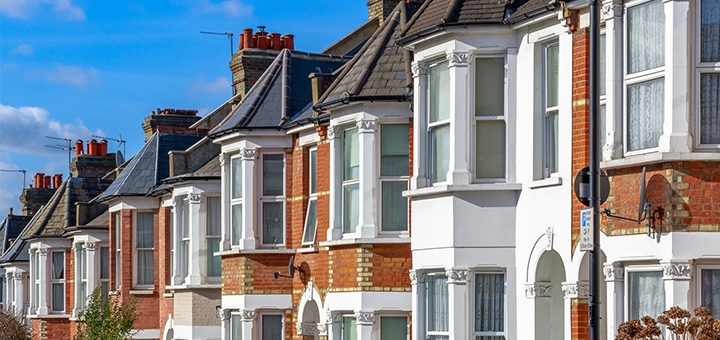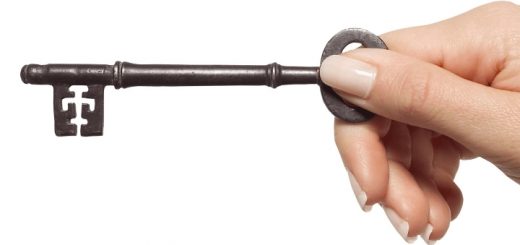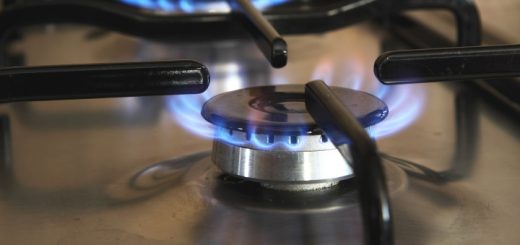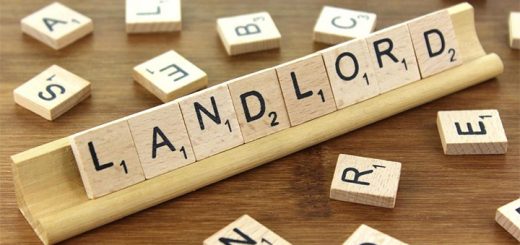Houses versus flats: which is the best investment for landlords?

If you’re interested in property investment, or are a landlord already, which makes the best investment – a house or a flat? To make a good return, there are both advantages and disadvantages in buying either. Let’s take investing in flats first.
Flats as an investment
Buying a flat or flats usually involves paying ground rent or a service charge. There could also be costly maintenance charges. Tenants may not like the closeness of others living above, below or next to them.
Many investors feel flats are a better buy rather than houses. They very often offer:
- Higher yields
- Lower purchase prices
- Less maintenance (the freeholder usually arranges external works).
There are several pluses when buying a flat as an investment. Good quality flats more often than not cost much less than you would pay for a house.
For landlords, a reasonably priced flat gives the opportunity to buy more than one. It’s a great way to build up a property portfolio. Other advantages are:
- Getting discounts when buying properties in bulk
- A strong demand in some areas which often makes prices rise (if you decide to sell in the future)
- Buying a flat or flats via management companies that go bust means mortgages are difficult to obtain. All you need to do is update the property, make it look smart and the value should increase
- It’s easier to shuffle rooms around. If the flat has a separate kitchen for instance, this could be moved into the living room as an open plan feature. The kitchen could then be converted into an extra bedroom.
There are of course disadvantages to buying flats as investments. Sometimes lenders see them as being a high risk. Flats also have small living spaces, with no opportunity to extend or convert a loft, for instance. There is usually a high turnover of tenants too, as well as hidden maintenance costs.
So, if you’re thinking of buying a flat or flats as an investment, do some research first into the pros and cons.
Houses as an investment
Obviously, there’s more space and privacy in a house, features which tend to attract longer-term tenants. There’s also more potential for capital growth. A larger area of land around the house means more flexibility for both the landlord and the future tenants.
First-time investors often prefer to buy houses rather than flats as there are no high service charges involved.
While there are advantages to buying houses, there are disadvantages too, like:
- Higher investment and start-up costs
- Maintaining a garden if there is one
- High interest costs and high stamp duty
- Renting a house out to a family with children potentially results in more wear and tear over the tenancy period
- An empty house is more prone to be vandalised than an empty flat.
What is right for you?
Whether you buy a house or a flat for investment purposes, chances are you won’t lose out.
Managed well, it provides a steady income and one that could eventually make you a handsome profit.









